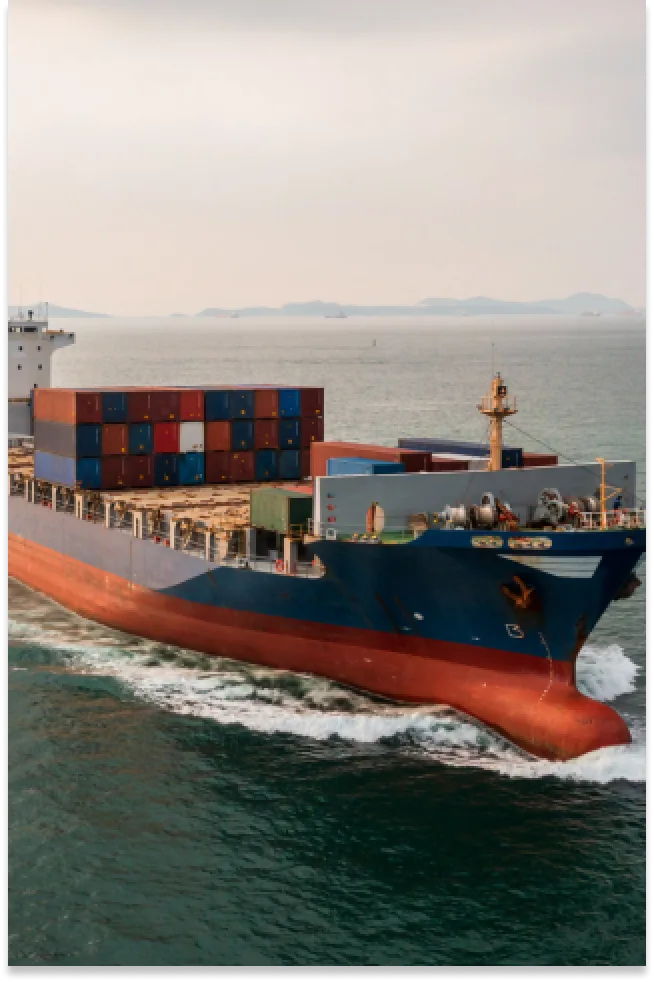The maritime industry plays a crucial role in global trade, but it also contributes significantly to carbon emissions. As the industry faces increasing pressure to reduce its environmental impact, measuring CO2 emissions accurately has become essential for developing effective climate strategies. Beyond environmental protection, there are compelling business reasons for maritime players to prioritize CO2 measurement, making it a key driver of competitive advantage and operational efficiency.
Navigating Climate Change: The Importance of CO2 Measurement in the Maritime Sector
Accurate CO2 measurement is the foundation for understanding the environmental impact of maritime operations. However, from a business perspective, it is also critical for risk management and regulatory compliance. By quantifying emissions, ship operators can ensure compliance with international regulations, avoiding fines and penalties that could impact profitability. Moreover, demonstrating a commitment to sustainability can enhance a company’s brand reputation, attracting environmentally conscious customers and investors.
Direct emissions measurements report only the CO2 your engines actually emit, not the CO2 that the default emissions factors suggest that you emit. In this case, precision saves money in the form of reduced biofuel spend and EU ETS allowances.

Charting a Course for Sustainability: How CO2 Measurement Transforms Maritime Operations
The maritime industry is uniquely positioned to benefit from CO2 measurement. By leveraging advanced technologies and data analytics, ship operators can gain insights into their fuel consumption and emissions patterns. This information allows them to optimize vessel performance, reduce fuel costs, and minimize their carbon footprint. Implementing these strategies not only benefits the environment but also enhances operational efficiency and cost-effectiveness. Reducing fuel consumption directly impacts the bottom line, making operations more profitable in a highly competitive market.
Measuring Maritime Emissions: The Role of CO2 Data in Climate Impact and Strategy
CO2 data plays a crucial role in developing climate strategies for the maritime industry. By comparing emissions across vessels and routes, operators can identify best practices and benchmark their performance against industry standards. This comparative analysis is instrumental in setting realistic emissions reduction targets and tracking progress over time. Furthermore, data-driven insights enable companies to identify inefficiencies and implement corrective actions, leading to cost savings and improved asset utilization.
Harnessing CO2 Data for a Greener Future in the Maritime Industry
As the maritime industry seeks to reduce its environmental impact, harnessing CO2 data is key to achieving long-term sustainability. By integrating emissions data into decision-making processes, ship operators can make informed choices that align with their climate goals. This proactive approach helps the industry navigate the challenges of climate change and build a more sustainable future. Additionally, companies that lead in emissions transparency and reduction can differentiate themselves in the marketplace, gaining a competitive edge.
Proactive Emissions Reduction in Shipping: Why CO2 Measurement Matters
Proactive emissions reduction requires a commitment to continuous improvement. By measuring CO2 emissions and analyzing the results, ship operators can take targeted actions to reduce their environmental impact. This includes adopting cleaner technologies, optimizing fuel use, and implementing energy-efficient practices. Ultimately, CO2 measurement is a powerful tool that enables the maritime industry to take meaningful steps toward sustainability. From a business perspective, it also supports strategic planning, helps in forecasting operational needs, and provides a foundation for innovation and growth.
Conclusion
CO2 measurement is a key step in developing maritime climate strategies and reducing emissions. By embracing this approach, the maritime industry can enhance its environmental performance, comply with regulations, and contribute to global efforts to combat climate change. Moreover, the business benefits—ranging from cost savings and risk management to brand differentiation—make it a strategic imperative for maritime companies. As the industry continues to evolve, accurate CO2 measurement will remain a critical component of sustainable maritime operations.
Get in Touch with Our Team
As the maritime industry continues to evolve, SailPlan remains committed to leading the charge towards a more sustainable future. With its comprehensive maritime sustainability platform, SailPlan provides the technology and expertise needed to navigate the challenges of environmental compliance and achieve lasting, impactful change. Reach out to our team today to discover how SailPlan can transform your sustainability efforts and set a new standard for excellence in the maritime industry.


